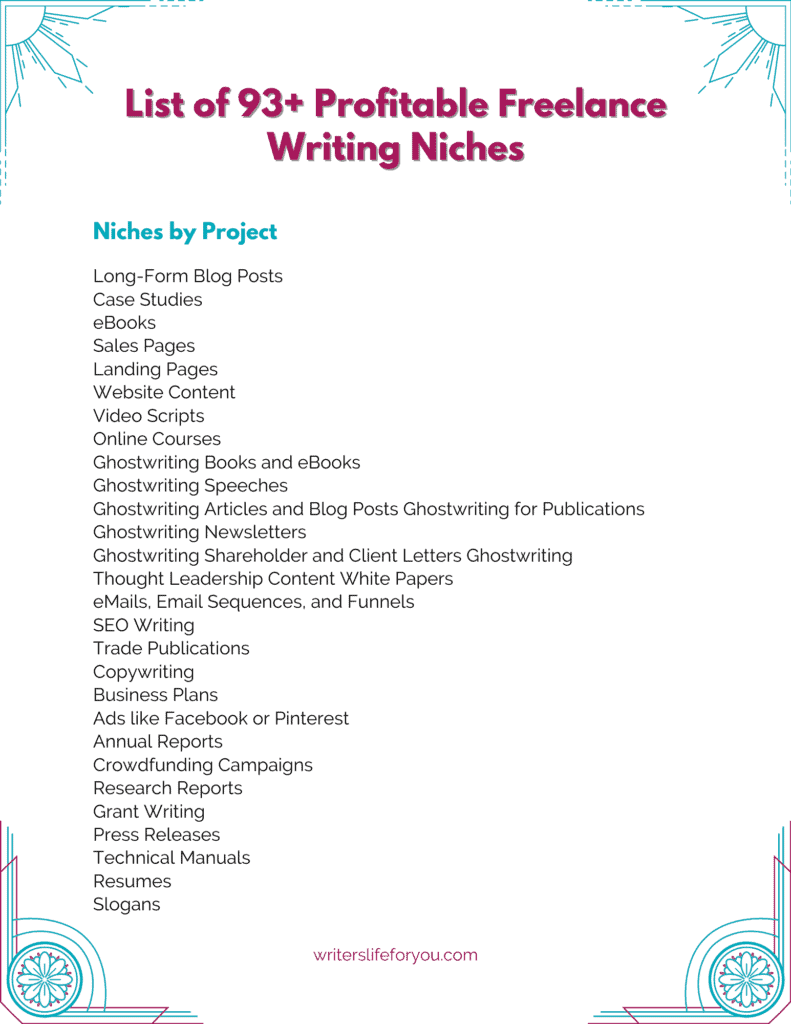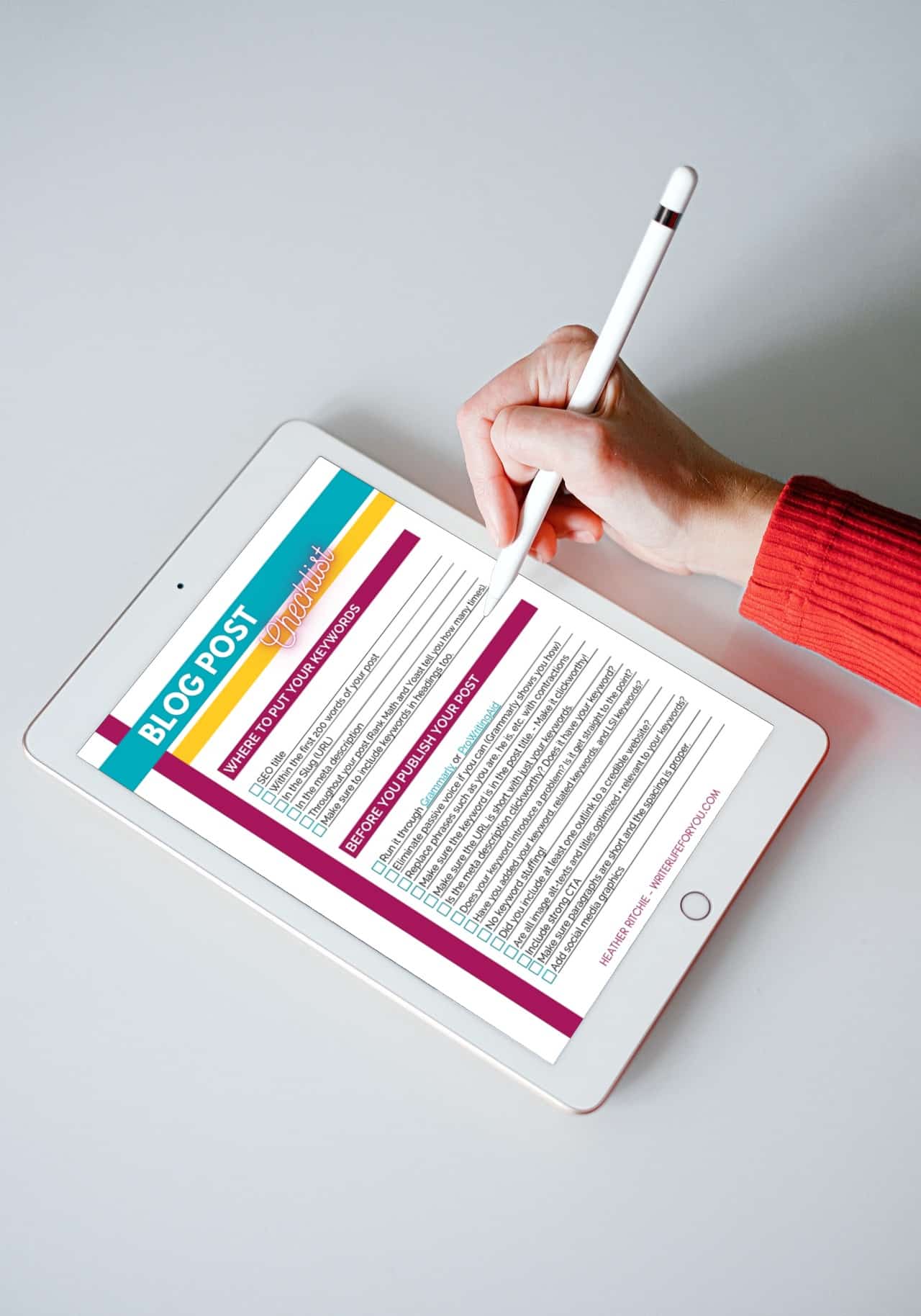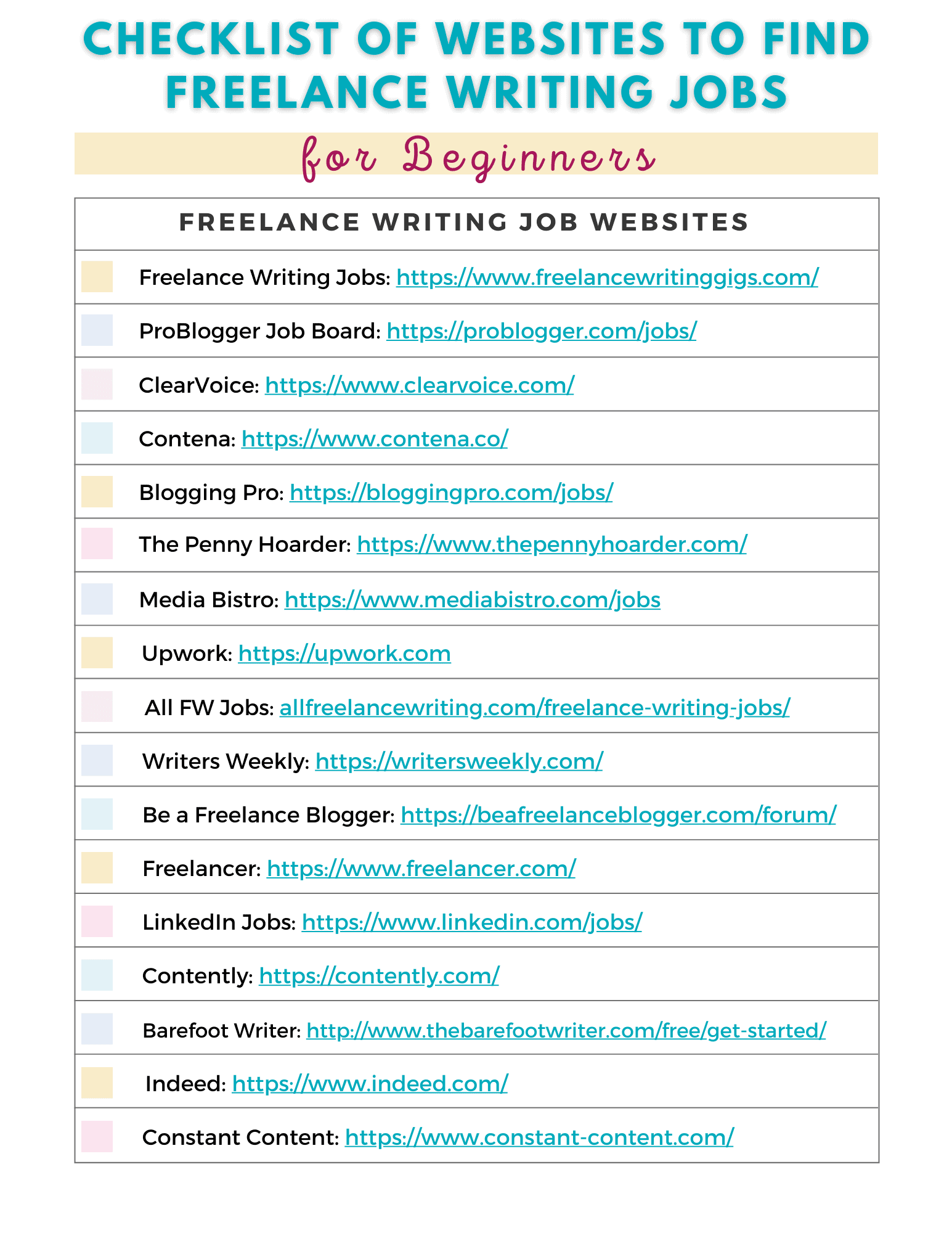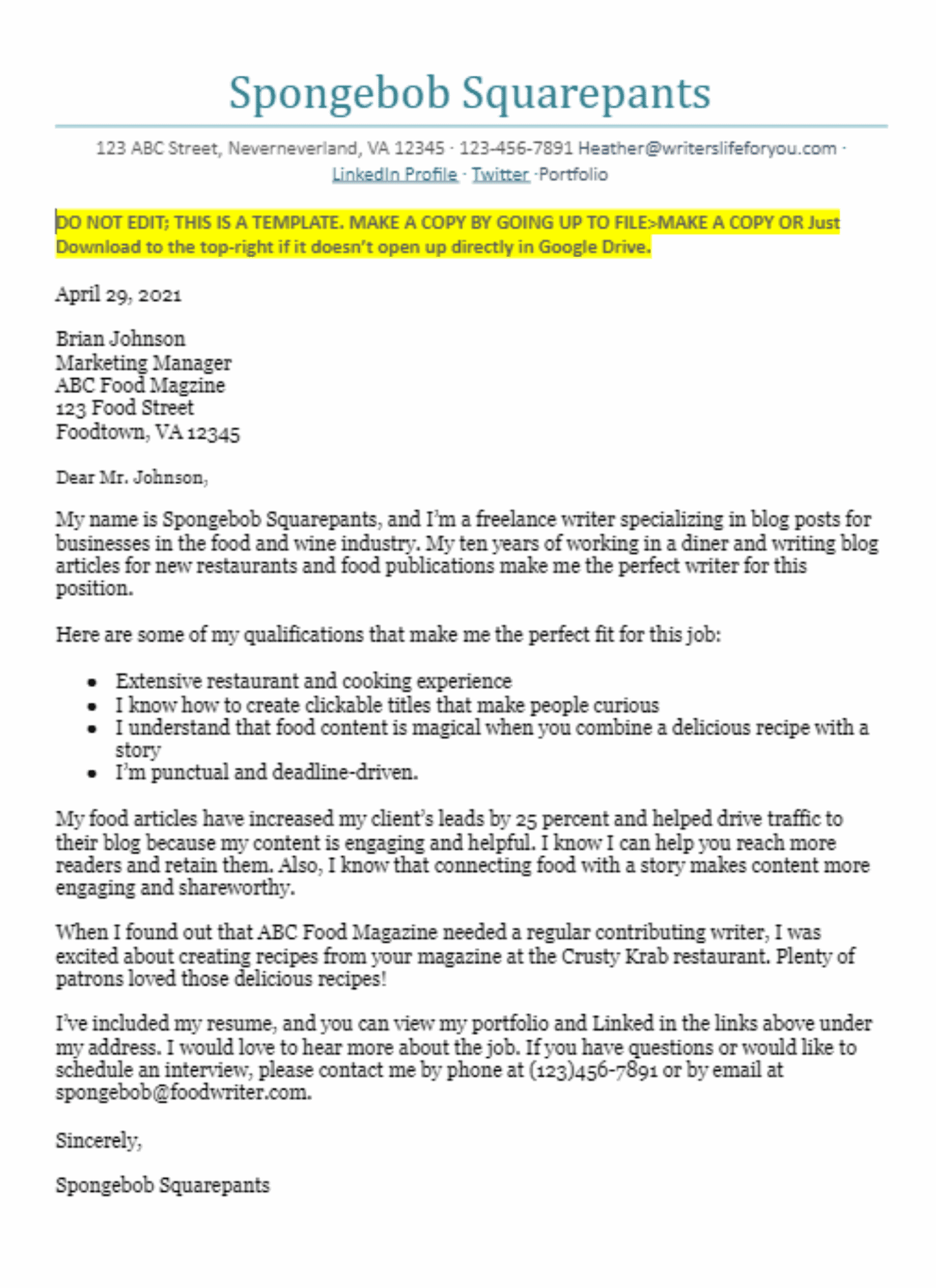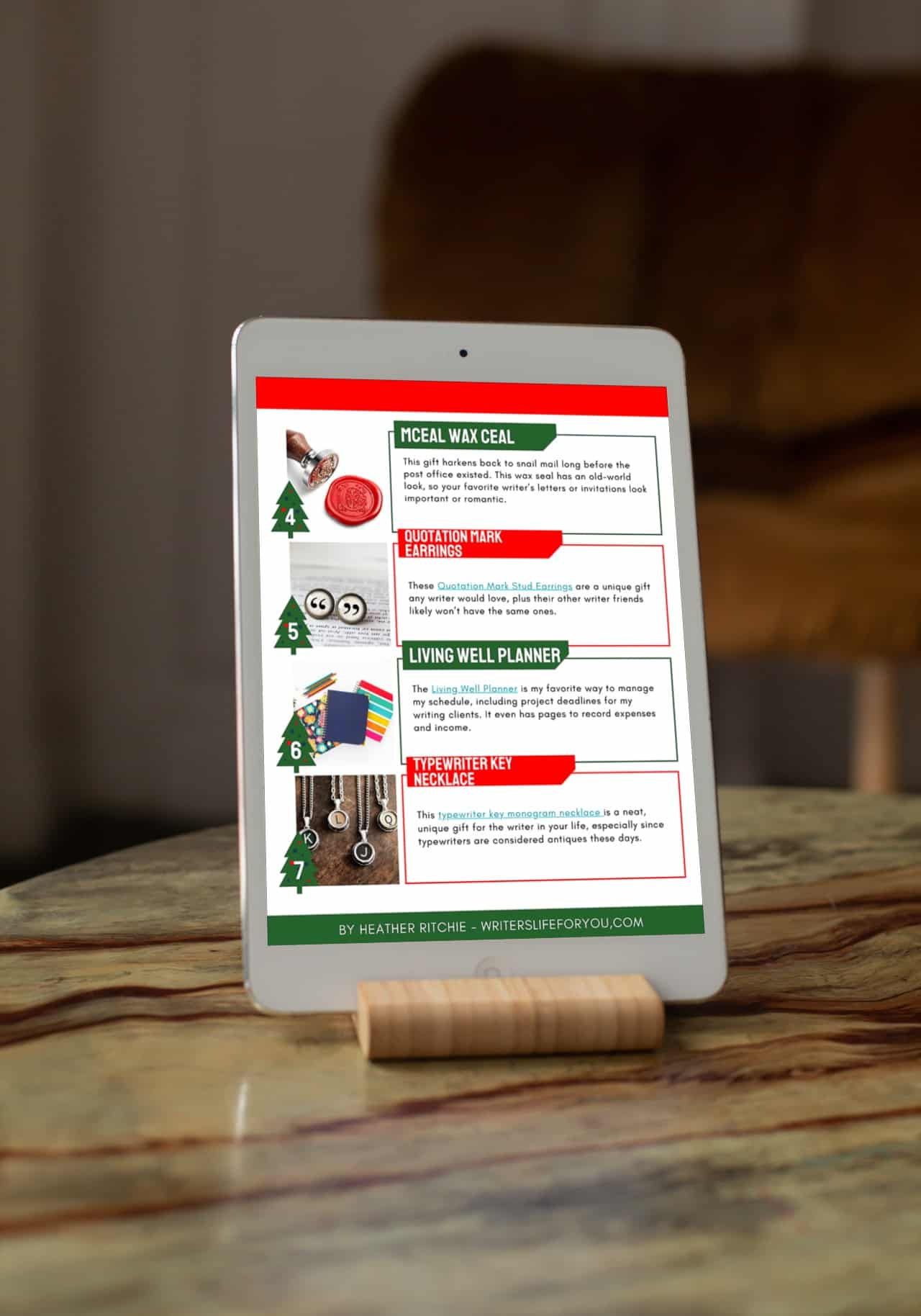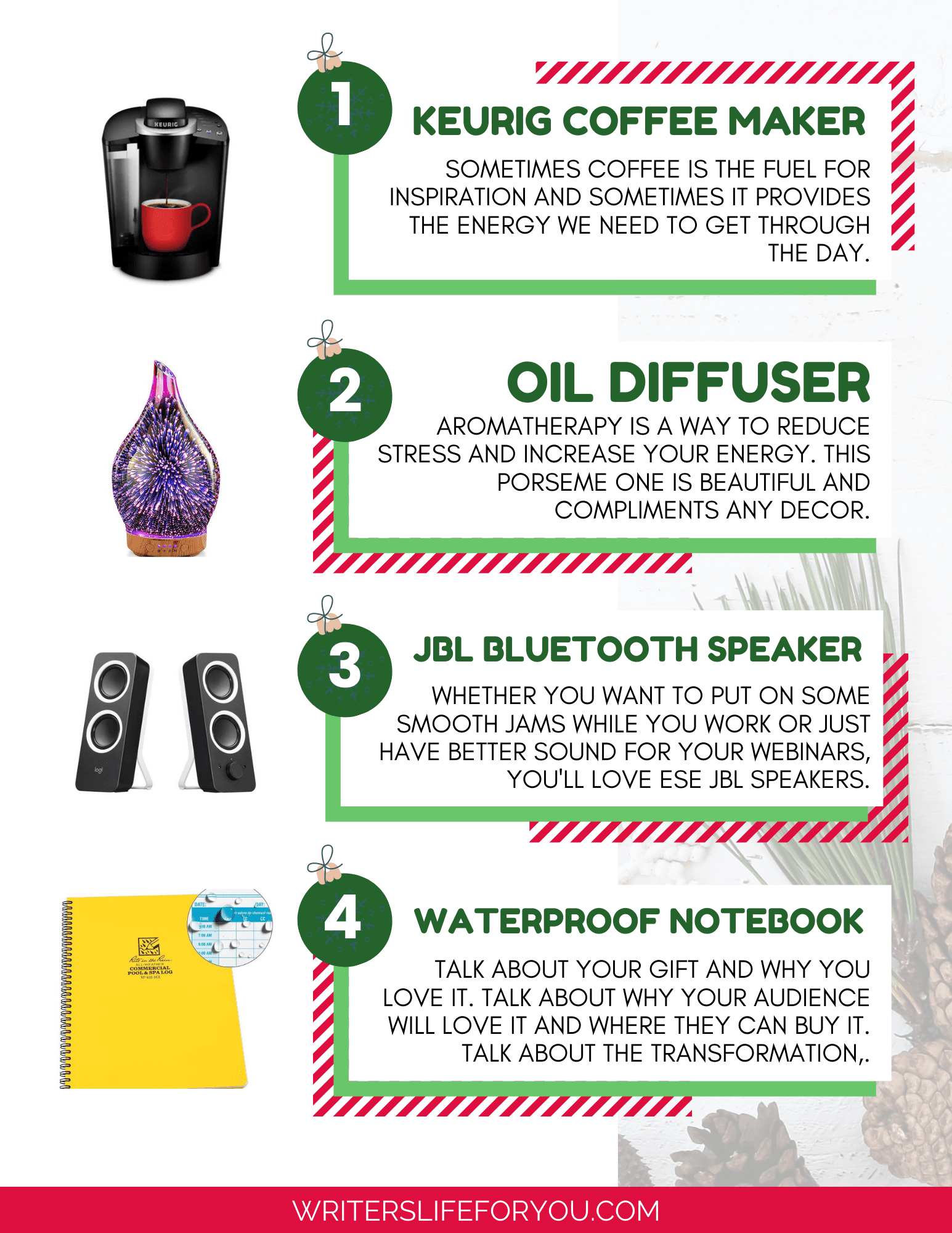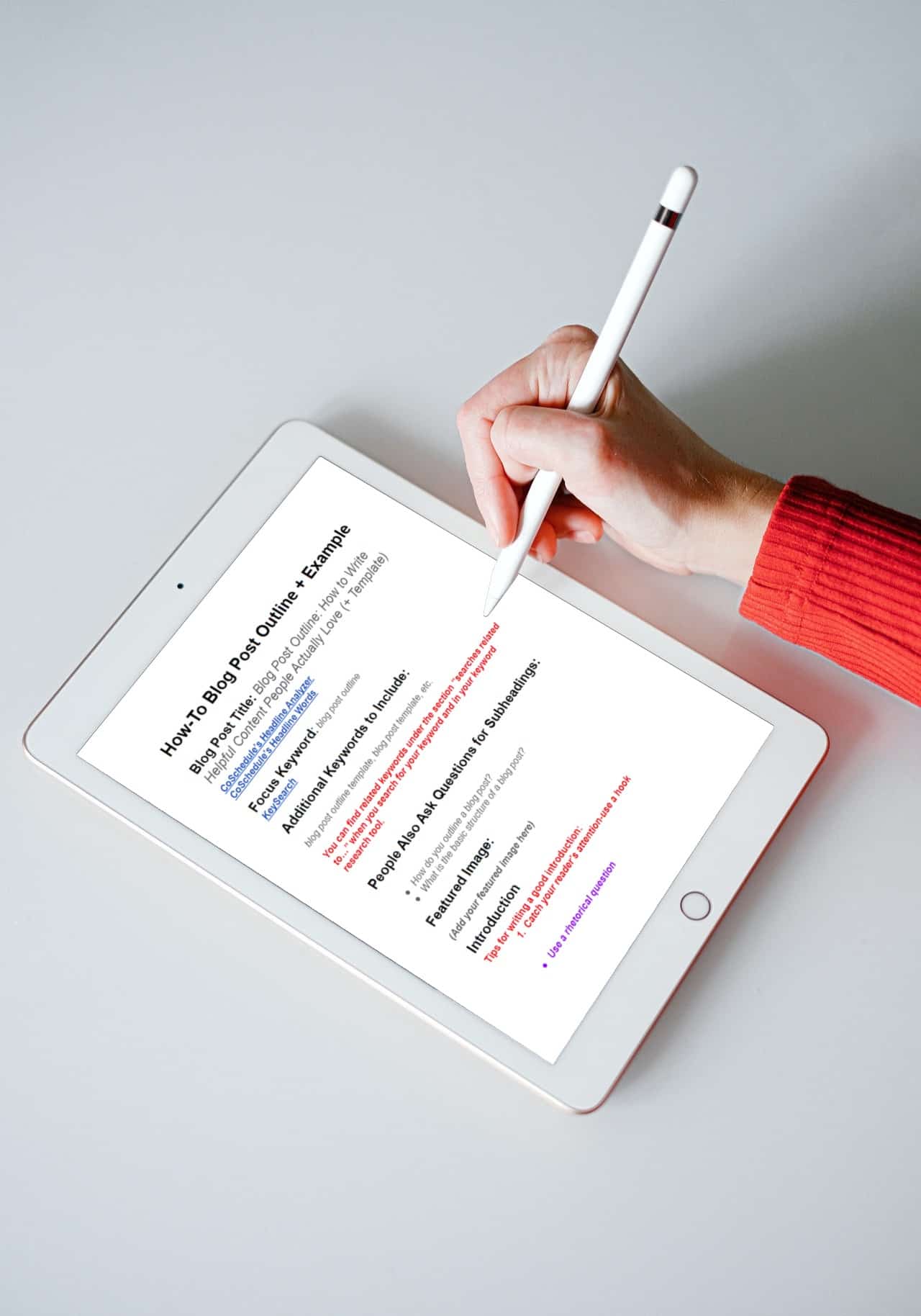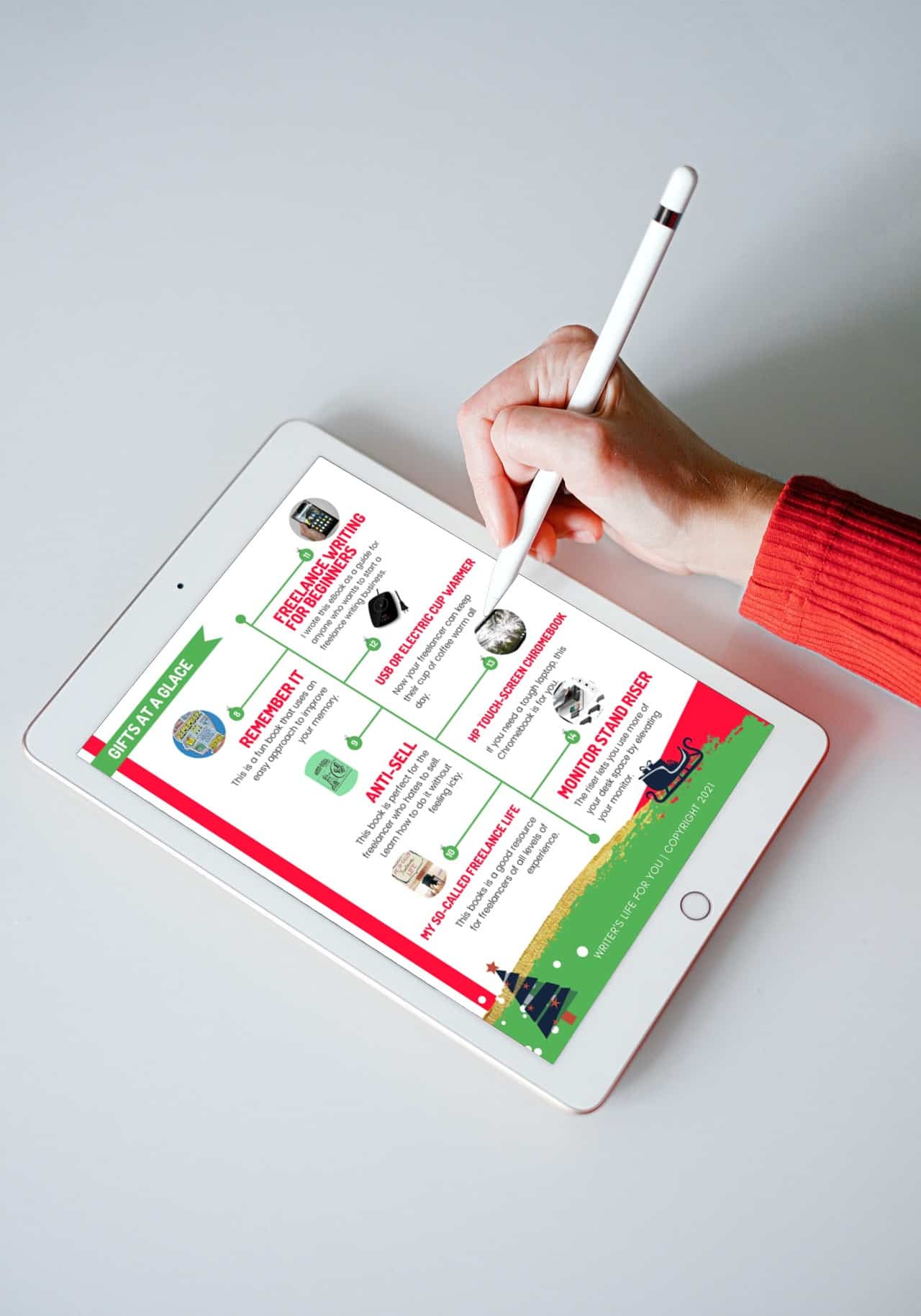10 Tips on How to Maintain a Work-Life Balance
Working from home is a dream for many. However, the reality for some remote workers is that achieving a healthy work-life balance can be challenging when there’s no separation between professional and personal life.
Discover the impact of remote work on work-life balance and explore actionable tips on how to maintain a work-life balance when working from home.

How Does Working From Home Affect Work-Life Balance?
Approximately 58% of employees in the United States work from home at least part of the time, with 33% working remotely full-time. In other words, around 92 million people enjoy these benefits. While the perks include no commute, a flexible schedule, and a customized work environment, challenges arise.
The line between work and personal life becomes less pronounced. It’s hard when people expect you to answer their messages quickly because you’re at home. As a result of a lack of clarity about expectations, many people feel uncomfortable disconnecting from work tasks after hours.

Tips to Achieve Work-Life Balance
Balancing your home and work lives while you work remotely can be challenging when you don’t know how to separate them. Here are some tips that can help.
1. Let Go of Perfectionism
Perfectionism can show in many ways while working from home. People usually procrastinate on challenging tasks due to fear of failure or focus too much on details, leading to unproductivity.
Remote work can overwhelm you with the various demands on your attention and time. If you’re an overachiever, you might get tempted to work past regular hours.
Protect yourself from the unrealistic goals you set. For instance, don’t over-promise to finish a task within the day if the reality is it’ll take you more time to complete it. Remember to be gentle with yourself and do your best with what you currently have.

2. Curate a Workspace
Give yourself the grace you give others.
Having no specific workspace can make your home feel like an office. Instead of staying in the dining area, settle in a clutter-free space in your home specifically dedicated to work, like a separate room or a desk in the corner of your bedroom. Choose a spot where you can work productively and create a barrier between work time and personal life.
Comfort is key when it comes to investing in home office equipment. Choose an ergonomic office chair and desk that helps improve your posture and productivity while working.
3. Start a Work-Free Morning Routine
Working from home means not waking up early to prepare for a long commute. However, it can also mean starting your day by opening emails first thing in the morning, which can decrease your productivity.
Instead of waking up a few minutes before work, start your day doing tasks you love to make you feel relaxed before the clock starts. Some activities you can add to your morning routine include:
- Making your bed: Getting one simple task done in the morning helps motivate you to complete more errands.
- Brewing coffee or tea: Kickstart your day with a hot cup of your favorite morning drink.
- Showering: Morning showers can help boost your mood, especially when you do it while blasting your favorite playlist or podcast.
- Walking: Stroll outside for 10–30 minutes alone or with a pet while you leave your phone at home.
- Doing something you love: Whether it’s playing crossword puzzles, reading, or cooking something for lunch later in the day, remember to make some time for yourself.

4. Stick to a Definite Work Schedule
Your work may offer a flexible schedule, but that doesn’t mean you don’t need some structure. Setting your start and finish times will help your brain switch work mode off when it’s time to relax.
Giving a heads-up to your team helps, too — otherwise, they may assume you’re available 24/7. Let your co-workers know when they can and cannot reach you. Set your status as “unavailable” and turn off your notifications. You can also use your email signature to inform people you’ll not respond after a particular time.
To master time management, block time for deep-focus work and short breaks. Working non-stop can be counter-productive, and pushing yourself can quickly lead to burnout, which you want to avoid to achieve a work-life balance. Therefore, before starting your day, create a realistic work timeline.
5. Motivate Yourself
Not leaving the house for days can make you feel stuck and lonely. It can also affect your brain and body. For instance, your immune system may falter, and your vitamin D levels may drop due to a lack of sunlight.
Many people thrive on office interactions, which can be hard to achieve when working at home. When you stop going outside and start missing the face-to-face interactions in the office, you can quickly lose motivation to perform well.
Plan with a purpose by documenting your short and long-term goals in your work and personal life. List steps to help you achieve them within a specific time frame. Thoughtful planning creates a cycle of motivation that gets you pumped up to complete future tasks.
For instance, exercising can push you to accomplish more daily tasks, such as preparing a healthy lunch. Starting your day on a positive note by relaxing time in the sun also helps.

6. Schedule Time for Household Chores
Another challenge of working from home is dealing with household chores and office work, so set a specific schedule for work and household tasks. In the morning, list all the duties you need to complete.
If possible, finish them before and after work to enjoy uninterrupted focus time. Remember to set realistic expectations for yourself — getting overwhelmed with chores and work tasks is easy, but you can only do so much in a day.
If you live with roommates or family members, ask them to help manage the chores. Assign tasks to each person, including washing dishes and cooking for lunch. Communicate with your family members that you have work responsibilities to accomplish and that you can only help with chores sometimes.
7. Make After-Work Plans to Balance Work Fatigue
Working and living in the same space daily can make switching off from work impossible, even after shutting down your computer. If you’re a remote worker or freelancer looking for ways to unwind after a long day at work, planning activities afterward is highly beneficial.
Go out and grab drinks with friends, watch your favorite TV series, bond with your kids, or attend a workout class. Having a fun activity after spending eight hours in front of your computer can take your mind off the day’s stress.

8. Go Out on Weekends
Depending on your job, you may do the same tasks each day. If a monotonous routine is dimming your light, it might be time to engage in new experiences every weekend. Disconnect from the daily grind and connect with your passions.
Maybe you’ve always wanted to do pottery. Perhaps it’s been a while since you traveled alone. Weekends offer you two days to do things you can’t usually do on a weekday. Having something to look forward to after the week may help keep your motivation high during the week.

9. Maintain Healthy Habits
Remote workers have the privilege of preparing meals at home. However, with the demands of household chores and work tasks, you can easily fall into bad eating habits. If you frequently miss lunch to meet a deadline, let this serve as a reminder to prioritize yourself.
Eating nutritious meals helps combat illness and fatigue. When you don’t fuel your body with the proper nutrients, you may lack sufficient energy for work.
To ensure you’re eating well daily, do meal prep — or set up meals for a specific time frame. Preparing your meals before the weekdays will help you save time while working.
Likewise, it’s essential to make time for exercise. A 10-minute workout or yoga session before or after work can significantly affect how you feel. During your breaks, spend a bit of time outside to unwind.

10. Make Time for Yourself and Your Loved Ones
Last but not least, carve out time for people who matter the most to you. Start planning family dinners, cook together, and catch up on each other’s lives. Think before you put in extra working hours — maybe reading a bedtime story for your child or watching a movie with your significant other is better.
Along this process, don’t forget to care for yourself, too. Take a break and do whatever re-energizes you when the pressure of working from home gets out of hand. You’ve been putting in great effort, so use some PTO to clear your head or explore a new region. Self-care is not a selfish act.

Is Work-Life Balance While Working From Home Achievable?
While there’s no recipe for a perfect equilibrium, you now have tips to help you manage your work-from-home life better. Finding the best way to thrive at work and in your personal life takes effort. Try these tips today, and the idea of work-life balance may become a reality sooner than you think.

Cora Gold is a freelance writer and editor of the women’s lifestyle magazine Revivalist. She writes about career advice and productivity tips for publications, including Mediabistro and The Balanced CEO. Connect with Cora on LinkedIn and Twitter.
Related Posts on How to Maintain a Work-Life Balance
How to Organize Your Home Office to Get More Work Done
The Ultimate Guide on How to Start a Freelance Business With No Money
The Best Inexpensive Accounting Software for Freelancers
19 Fun and Useful Gifts for Freelancers That Will Blog Your Mind
Project Management for Solopreneurs: Top 9 Project Management Tools That Make Life Easier
How to Use Trello to Organize Your Life: 22 Smart Ways for Freelancers
Do you have any tips on how to maintain a work-life balance?






